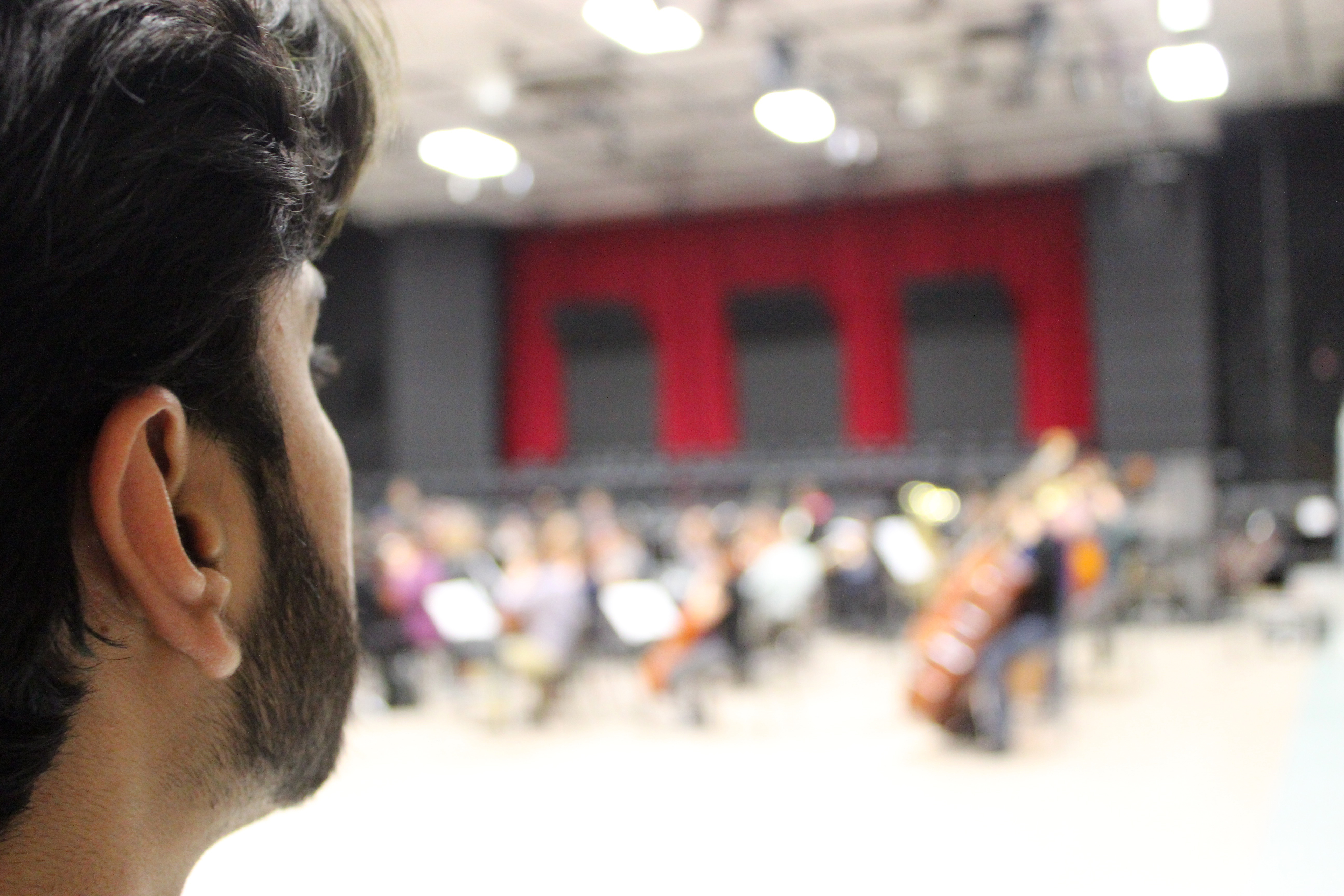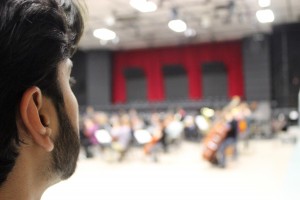Casting discrimination


There is something about being told “no” that drives me, that pushes me, that makes me want to work harder and prove something. But there is also something about being told “no” due to something you can’t change that makes me want to cry, punch a hole in the wall and scream.
This is me screaming.
The words: “You’re not what we’re looking for,” have permanently been engraved in me, carved by the sharp pens of the not so entertaining entertainment industry.
Growing up, my friends and I used to dream about being on stage, having the curtains open and before us a crowd of excited individuals.
We used to dream about the rush you would get when hitting the note, saying the line or getting the part.
We used to dream, not realizing there would come a day when those dreams would be shattered by industry professionals, the same people who came to our drama classes to tell us that we all had a shot only if we believed.
But it’s not faith they want, it’s a different reflection in the mirror.
It was sunny as I approached the local community theatre with a resume in hand and dreams in mind. I sat down in the waiting room recognizing that I was the only one there that looked like me.
After all, this wasn’t the first time.
“Kamil Ah … Kamil? You’re next.”
It was the usual: prepared monologue, prepared song and a group dance audition.
“Great,” said one of the directors. “Now we would like you to do your monologue again except this time in a traditional South Asian accent as seen on The Big Bang Theory. Let’s see it.”
I stood there as though I had been smacked right across the face, the brown on my face flushing now.
“Excuse me?” I finally whispered. “I don’t mean to be rude, but the character I am auditioning for doesn’t have an accent nor has an identified origin.”
I saw one of the directors lean to his colleague. “He also isn’t brown,” I overheard him say.
This was a window, a small eye hole view into the bigger systemic problem at hand.
Unfortunately, you don’t have to go to an audition to be discriminated against, it happens in the work place, the supermarket and even at Wilfrid Laurier University.
Whether you’re trying to get into a frat party or just heading to class, subtle and often not-so-subtle acts of racism occur.
During Orientation Week, I was fortunate enough to find some people who could relate to me and understood what it felt like to be on the receiving end of discrimination.
I ran into one of those individuals not too long ago only to see him surrounded by people who were discriminatory to him in the past. Shocked and somewhat confused, I pulled him aside and questioned his choice of company.
He looked at me and said, “If you can’t beat them, join them. They can’t hurt me anymore because I’m one of them.”
I felt like I had felt at the audition. I was distraught and angry that someone felt the need to be someone else just to protect themselves, to survive.
I wanted so badly to blame them, to shake them back into reality, but I couldn’t stop thinking about the times I did just that.
Sometimes hiding behind a mask is easier — safer than revealing your true self. That’s the problem.
That mask is heavy and the burden of wearing it grows everyday. With every act that you perform, every thought that is not yours and every word that the real you would never say, that mask starts to look a lot like your new self and soon you forget about who you were before.
Don’t forget about who you are.
Racism is nothing new to me. Discrimination at auditions is nothing new to me. Hate is nothing new to any of us.
What is new to me is seeing that I am not the only one, hearing about stories, seeing situations and experiencing it first hand; it hurts but it feels good to know that you’re not alone. You are never the only one. Once we can recognize that and acknowledge the connection through our pain and lean on one another as we strive towards equality, then we become a unit — strong and stable.
Share your stories, vocalize your pain, find individuals and communities on and off campus that you can connect with. Forge your pain into purpose and becoming unmasked will never feel so accepting.


